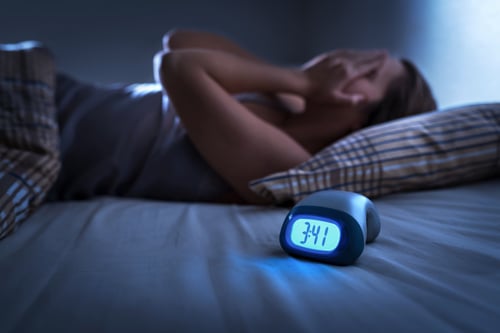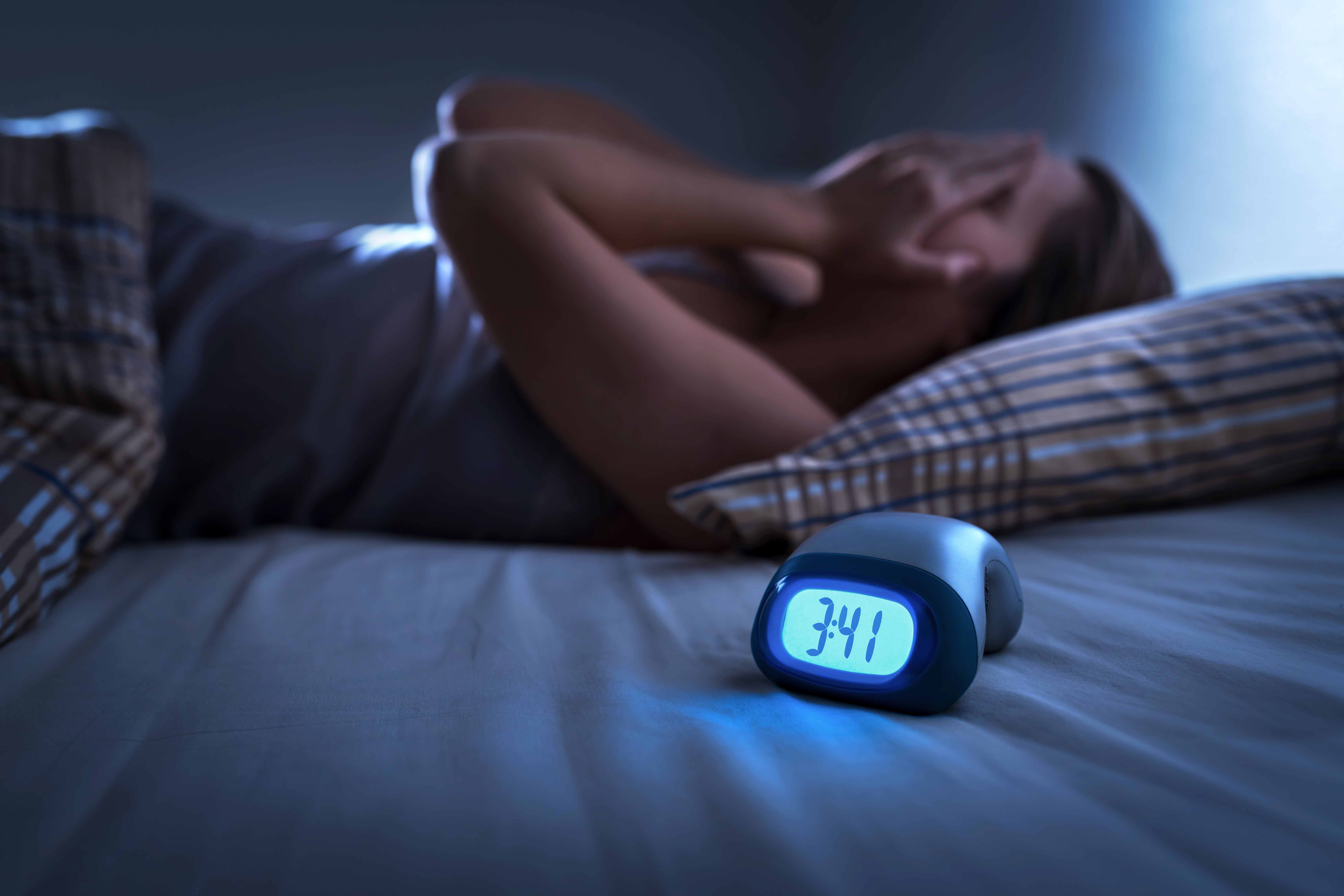Why Do My Legs Hurt At Night?

Nearly all of us have experienced leg pain at night on at least a few occasions. When it becomes a frequent on-going occurrence, however, sleeplessness and fatigue affects other areas of our life. Nobody likes regularly waking up tired. The good news is, while there are many reasons for nighttime leg pain, it's a classic symptom of a treatable condition.
What are the symptoms?
Many adults have regular leg discomfort occurring several times a week or month. Chronic nightly pain, however, occurs in up to 25% of the population. A hallmark of vein disease, nighttime pain and swelling often improves in the morning, only to return at night. Symptoms also include chronic fatigue and poor quality sleep - the result of inflammation that builds up in our body due to stagnant vein circulation. Inflammation leads to reduced activity, poor cardiovascular health and ultimately weight gain. Too often, we associate leg discomfort, chronic fatigue and lack of sleep with “getting older,” not realizing that it’s a highly treatable condition.
Why does this occur?
The body is made up of an intricate system of arteries and veins, all designed to deliver oxygen throughout our organs and muscles. The vein condition that causes leg discomfort and pain at night causes circulation to slow down and become stagnant. Our body responds by creating inflammation in the legs - inflammation that results in discomfort, fatigue, cramps, restless legs and even foot symptoms such as numbness tingling, burning stinging and pain. This process peaks at the end of the day, into the evening and throughout the night - just when you’re trying to sleep. In fact, 75% of our patients say they’ve had trouble falling asleep and staying asleep - and even if they sleep through the night, our patients tell us they woke up feeling washed out and tired. Not a good way to start a healthy day!
What are the causes?
The main cause of nighttime leg discomfort is overuse - a busy day at work, a hard workout at the gym or, you guessed it, vein disease. Patients with vein disease notice their symptoms worsen whenever they’re sitting or standing for long periods of time. Relief comes when they elevate their legs or wear compression stockings. It’s important to note that their legs always feel the best (but not necessarily normal) in the morning when they wake up.
What can I do?
A few things we suggest you try:
- Stretch and self massage before bed
- Try over-the-counter medications like ibuprofen or Aleve (one or the other) with Tylenol (you can take with Aleve/ibuprofen)
- Rub in a topical anti-inflammatory/analgesic (like BENGAY, many options exist)
- Ice your legs (heat or a hot bath will hurt more because it makes the inflammation worse)
- Compression stockings (up to 20-30 mmHg knee high is good. Wear during waking hours).
- Heating pad. Heat may help, but if it makes it worse, it means that you have a lot of inflammation in your legs, so switching to ice is better.
Many people suffer from nighttime leg pain and poor sleep, not realizing that treatments can dramatically improve sleep. Most patients see immediate improvement after treatment. If these home remedies do not help, contact your healthcare provider or vein care specialist for further evaluation to get the pain-free sleep you deserve. Have more questions, take our online quiz or contact us to schedule a free vein screening.


